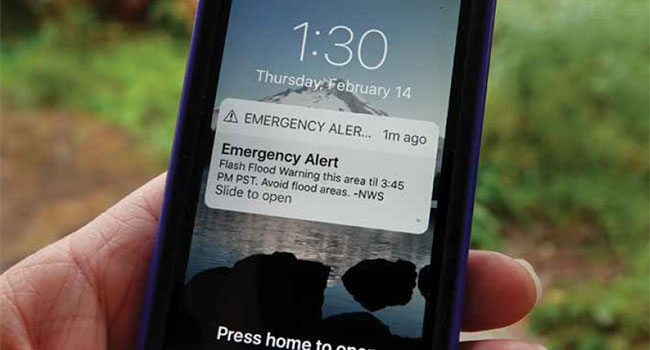
Texas School For The Deaf To Use Custom Apps For Emergency Notification and Anonymous Reports
The technology will allow staff and faculty to communicate during an emergency as well as respond to reports from students about mental health issues or school threats.
- By Haley Samsel
- February 07, 2020
In order to meet requirements for a state school safety law, the Texas School for the Deaf is launching two apps for emergency notifications and anonymous tips.
The two security solutions were created by Anonymous Alerts, a security company founded by Gregory Bender to allow anonymous two-way communication between school officials. Administrators at the school sought out the company’s services after Senate Bill 11 was passed by the Texas state legislature in 2019 as a response to a mass shooting at Santa Fe High School in 2018.
One app was specifically designed for the School for the Deaf’s employees, NPR station KUT reported.
“It's an instant panic button in the school employees' pocket, where they can press the button for three seconds and instantly notify triage teams, principal groups, and/or the superintendent as well as first responders, quickly and instantly within three seconds about a specific type of incident," Bender, who serves as CEO of Anonymous Alerts, told KUT.
The company provides services for about 8,000 schools nationwide and 150 school districts in Texas, according to Bender. Superintendent Claire Bugen said the app will help her staff communicate across a large 67-acre campus, noting that 60 percent of staff and faculty are deaf and that the app is tailored to their needs.
“We have a lot of deaf people, and, of course, they will use the e-mail and the texting button to communicate, or the two-way chat because that can go through text and e-mail as well,” Bugen said.
In addition, the school plans to use the Anonymous Alerts app for students to submit reports about bullying, depression, drug use and potential threats to campus anonymously. The app enables administrators to gather more information from the student without revealing their identity.
"We customized it in such a way that if it was depression or a self-harm threat, it went immediately to a counselor or to a social worker," Bugen told KUT.
Bugen hopes that training on how to use the apps will be completed this month, allowing all staff and students to use the technology.
About the Author
Haley Samsel is an Associate Content Editor for the Infrastructure Solutions Group at 1105 Media.